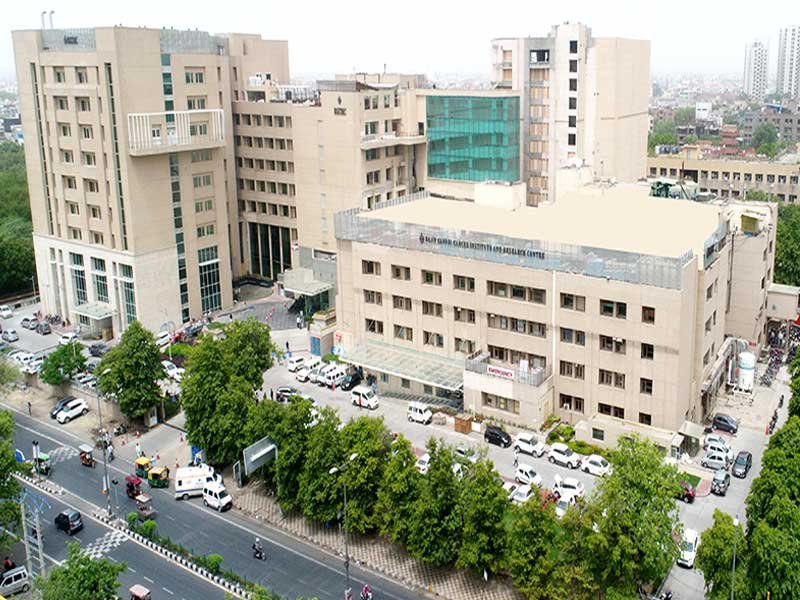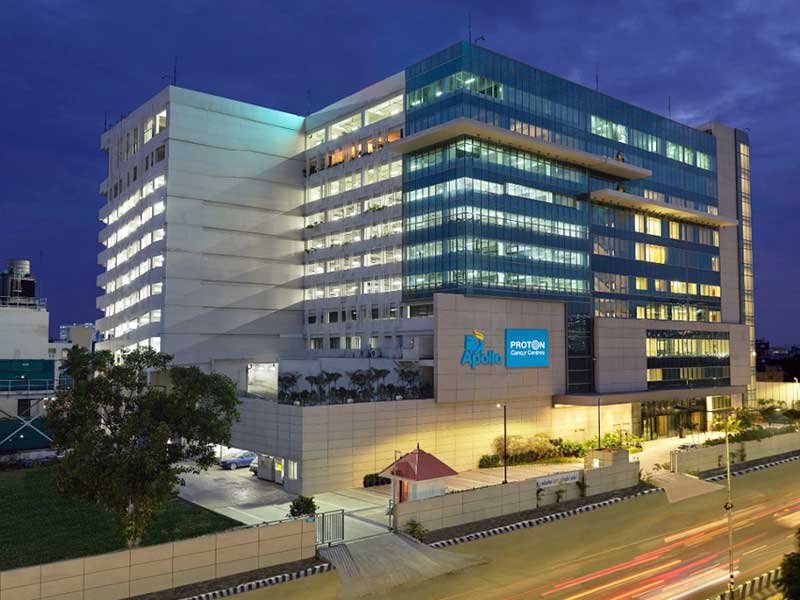What is HEMATOLOGY?
Haematology is the medical speciality field that studies, diagnoses, prevents and treats disorders related to the blood.
A related medical science is Hematopathology/Hemopathology, specifically concerned with studying the diseases of cells that produce our blood. It also studies in detail the agents causing diseases in the blood.
Medical professionals trained in this field are called haematologists and Hemapathologists.
What do Hematologists Read More
What is HEMATOLOGY?
Haematology is the medical speciality field that studies, diagnoses, prevents and treats disorders related to the blood.
A related medical science is Hematopathology/Hemopathology, specifically concerned with studying the diseases of cells that produce our blood. It also studies in detail the agents causing diseases in the blood.
Medical professionals trained in this field are called haematologists and Hemapathologists.
What do Hematologists do?
Medical professionals known as hematologists are experts in the diagnosis and treatment of issues involving the blood and related tissues, such as the bone marrow.
A hematologist may do the following examinations and treatments:
- The complete blood count test is useful in the diagnosis of anemia, inflammatory conditions, and blood cancer. Monitoring blood loss and infection is another area where it can be helpful.
- In order to identify and track bleeding diseases, a platelet count test is used.
- There are various blood enzyme testing.These tests, which a doctor utilizes to aid in identifying cardiovascular disorders such as heart attacks, are from a reputable source.
- Thrombocytopenia, which is characterized by having a low platelet count, and various malignancies can all be diagnosed and tracked with the aid of a bone marrow biopsy.
- The body receives healthy blood intravenously (via an IV) during a blood transfusion.
Some Common Blood Diseases:
- Anaemia: It is a medical condition in which the blood lacks an adequate amount of healthy and properly functional red blood cells. This causes reduced oxygen flow in some or all body parts.
- Leukocytosis: Leukocytosis is diagnosed when the white blood cells in the blood are present in more than the required amounts. Leukocytosis is not necessarily a matter of medical concern. Sometimes, extra amounts of white blood cells are produced by the body to fight off infections and viruses.
- Haemophilia: Haemophilia is a disease in which the blood in the body does not clot properly. This can happen due to the lack of blood-clotting proteins. Individuals with Haemophilia generally lose more blood due to wounds and cuts than others.
- Leukaemia: Leukemia is a type of blood cancer. In this condition, tissues are formed in the blood These tissues hinder the ability of the blood to fight off infections, and weaken the immunity system.
- Multiple Myeloma: Multiple Myeloma is a form of cancer that develops specifically in the white blood cells, also called plasma. Cancerous plasma cells usually gather around the bone marrow and out-grow healthy white blood cells.
Common Hematology Procedures:
Haematology, as a medical science, has various procedures for treating different blood diseases. Some of these are:
- Blood Transfusion: It is the procedure in which blood is transferred to the patient’s body. A needle is inserted in the patient’s veins and blood is gradually transferred into the body. Blood transfusion is carried out when there is a lack of blood in the body due to causes like injury, surgery, low platelets, prolonged disease etc.
- Bone Marrow Transplant: In this procedure, stem cells present in the bone marrow, are collected from a donor’s body and transplanted into the patient’s body. It can be done for the treatment of diseases like leukaemias, lymphomas, aplastic anaemia, immune deficiency disorders, and some solid tumour cancers since 1968.
- Chemotherapy: In order to eradicate your body's rapidly proliferating cells, chemotherapy is a pharmacological therapy.
How to prepare ?
If you don't have time to cover all of your questions at the visit, bring a list of the ones you want to ask the doctor first, arranged in priority. Consider more scientific studies on health-related topics in general. Identify the exact day that your symptoms first appeared.
What to expect?
A consultant will talk with every patient being seen in the clinic, and the majority of them will meet with a consultant on their initial appointment. For the purpose of making a diagnosis, more research is frequently necessary. Some individuals will also require X-rays, scans, and/or a bone marrow test, in addition to extra blood tests that may be included in these.
Conclusion:
Nearly every element of human health is connected to the circulatory system because blood is the body's life force. Hematologists can work with experts in a wide range of other fields, including surgeons, cardiologists, immunologists, and infectious disease specialists. In additional medical specialties like trauma, neurosurgery, and cardiovascular illnesses, they can act as consultants.
Show Less

































































